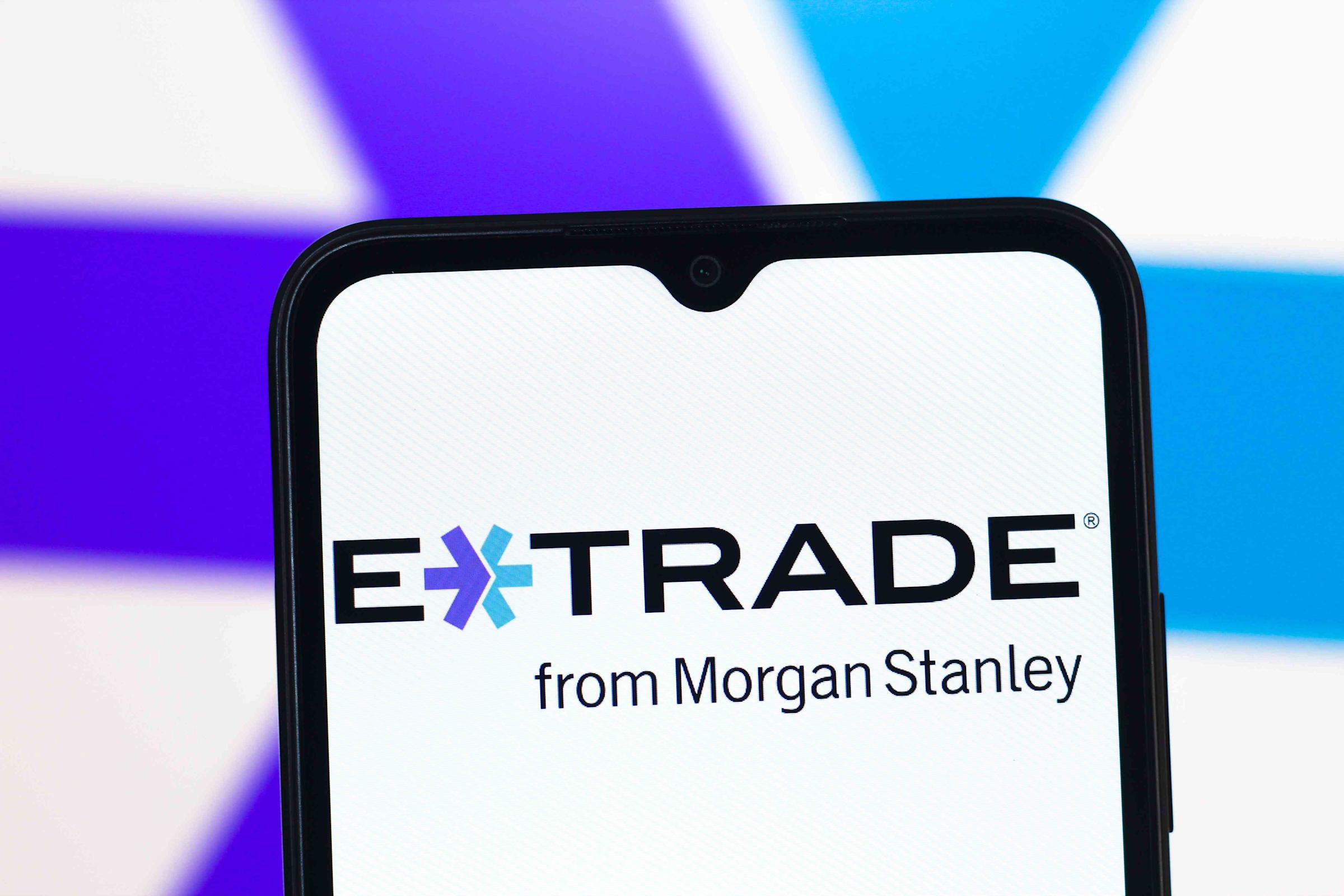
Morgan Stanley to Open Crypto Trading on E*Trade in 2026
07 October 2025
186 views
Morgan Stanley has announced it will allow its E*Trade clients to trade cryptocurrencies—initially Bitcoin (BTC), Ethereum (ETH), and Solana (SOL)—starting in the first half of 2026. This move will be made possible through a partnership with Zerohash, which will handle liquidity, custody, and settlement infrastructure.
Previously, the bank restricted crypto access to only a subset of clients with high net worth and aggressive risk profiles. Starting October 15, Morgan Stanley will broaden access, letting nearly all clients hold crypto through brokerage accounts.
Why It Matters
This is one of the most significant steps yet by a major Wall Street firm to integrate crypto into mainstream investing. The move signals a deeper institutional embrace of digital assets, making them more accessible to everyday investors. Analysts view it as an institutional validation for crypto, likely to drive fresh inflows and liquidity across the market.
Morgan Stanley’s decision also aligns with recent regulatory tailwinds, such as the GENIUS Act in the U.S., which provides clearer rules for stablecoins and digital asset infrastructure. That regulatory clarity may reduce barriers to entry for traditional financial institutions.
Risks & Considerations
-
Implementation complexity: Crypto custody, security, and regulatory compliance remain operationally challenging. Partnering with Zerohash helps, but execution must be flawless to maintain trust.
-
Regulatory scrutiny: As Morgan Stanley brings crypto closer to its retail clients, it may draw more attention from regulators like the SEC and FINRA.
-
Market impact: The announcement could raise expectations and price in more demand before the actual launch. That said, any delays or missteps may spark volatility or scrutiny.
Technical & Market Signals
-
The announcement helped lift Morgan Stanley’s stock, which saw intraday gains following press reports.
-
On the crypto side, investors may look for increased trading volumes and volatility in BTC, ETH, and SOL as anticipation builds toward the rollout.
-
Option markets may price in more upside expectations for these assets, especially if institutional demand surges ahead of formal launch.




